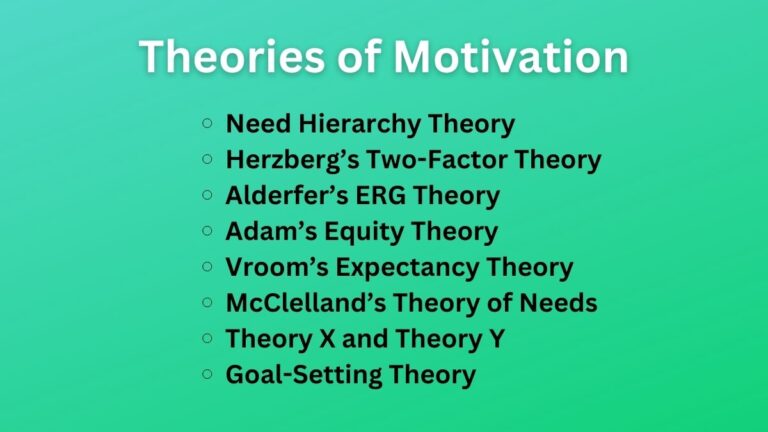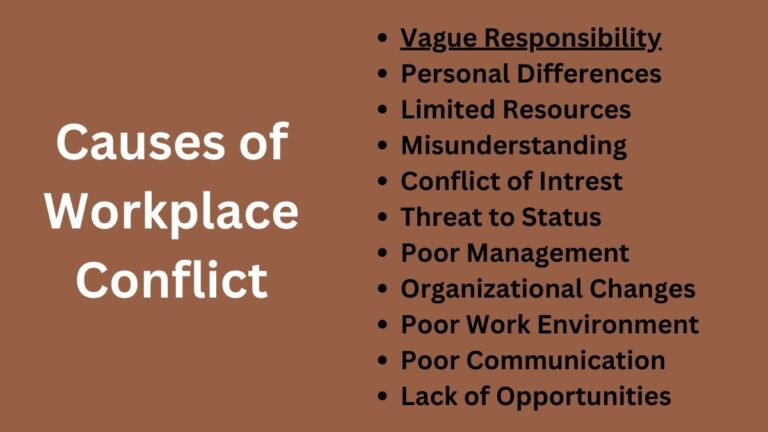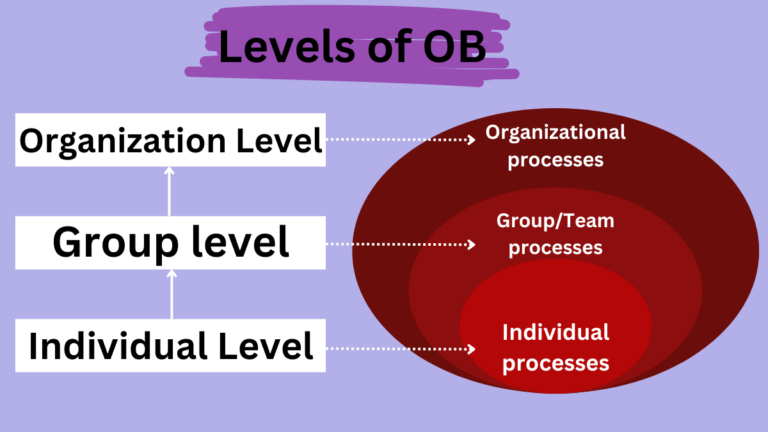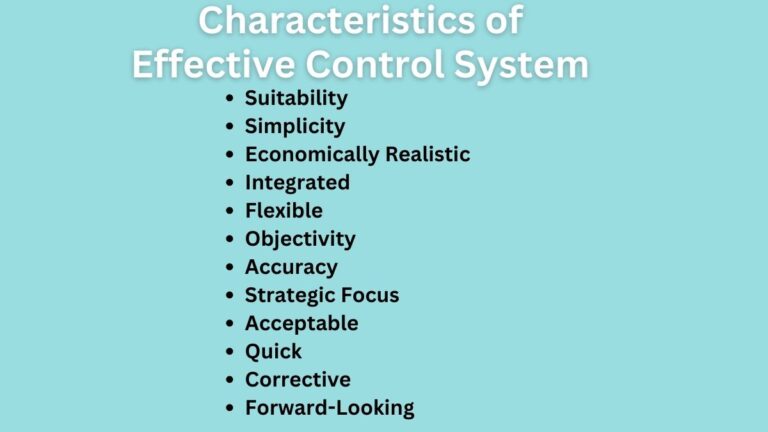Unity of Command Principle of Management (Explained)
Unity of Command Principle
The principle of unity of command states that an employee should always get instruction or command from one in charge at a time. This principle of management aims to reduce the confusion of the employee when he receives instructions from many supervisors.
This principle believes that no one is capable to do the task effectively when he/she has to work under the command of different bosses at a time. So the employees are.
The unity of command principle of management describes an employee who must get command from a single boss at a time. When he has to get commands from and answer many bosses he might not work effectively. Rather it gives conflict him like whom to respond to first, whose boss task should do first, which task is important, which is not, and so forth.
In such a situation employees become confused and do not discharge work as effectively as they may discharge when given a single task. It further leads to ego clashes between bosses as they also want their job to be done first.
But when the unity of command is ensured it gives enough time to understand employees how to appropriately conduct the given task, make their minds free from other tasks, and promote better understanding between boss and employees. This further enables the effectiveness of the performance of employees.
Thus, it emphasizes that an employee should be responsible to only one boss at a time until the completion of a given task. Only after the completion of the task, he will receive instruction from other bosses.
Advantages of Unity of Command:
- Reduces role confusion among the employees.
- Betterment in employees’ performance also promotes aggregate productivity of the organization.
- Better relationships between boss and employees.
- Promotes efficient achievement of organizational goals.
- Clear-cut responsibility is assigned to everyone.
Results of Avoiding this Principle:
- Employees may have role confusion as to which task is important, first do, whom to answer first, etc.
- Employees may feel stress and heavy work burdens.
- May reduce performance.
- May prevent the achievement of desired goals in time and with limited resources.
Read Next: Discipline Principle of Management
Sajan Kushmi is a content writer with more than 4 years of experience. He holds BIM Degree. He write on the topics related to Management, Marketing, and Entrepreneurship.






